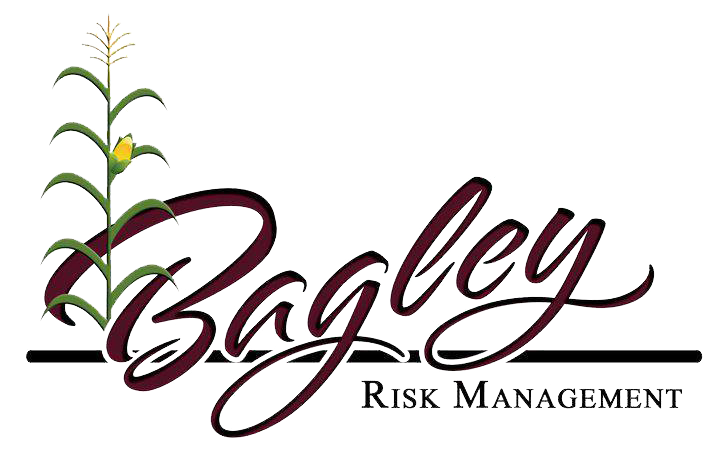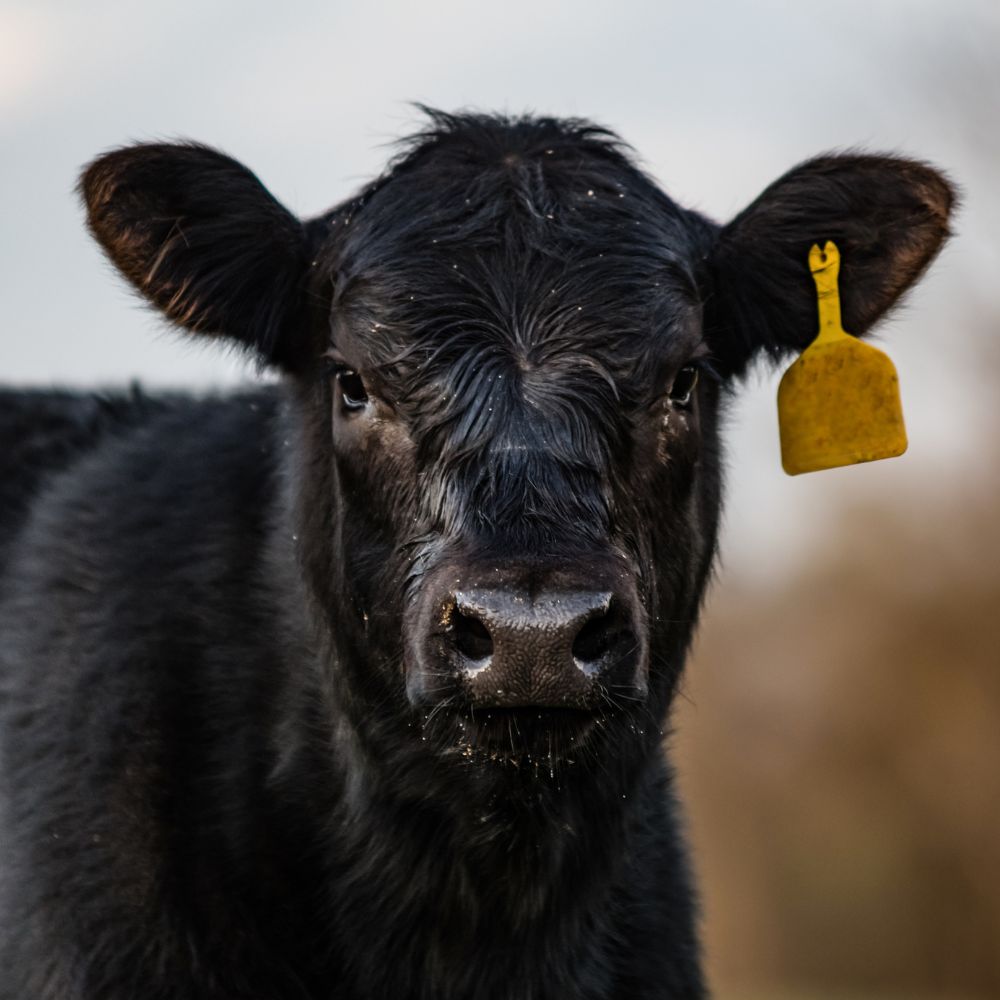Indicators on Bagley Risk Management You Should Know
Table of ContentsLittle Known Questions About Bagley Risk Management.Bagley Risk Management Things To Know Before You BuyThings about Bagley Risk ManagementSome Known Details About Bagley Risk Management The 9-Second Trick For Bagley Risk ManagementFascination About Bagley Risk Management
When your contract reaches its end day, the last rate is determined making use of the CME Feeder Cattle Index. If the index drops listed below your contract's coverage cost, you might be paid the distinction.Animals Risk Protection (LRP) is a USDA subsidized insurance program that assists shield manufacturers from the risks that originate from market volatility. With LRP, manufacturers have the ability to insure a floor rate for their livestock and are paid an indemnity if the market value is reduced than the insured price.
This product is planned for. LRP Insurance.
Bagley Risk Management Fundamentals Explained

In the last pair of months, several people at FVC and PCM have obtained concerns from producers on which danger administration device, LRP vs. Futures, is better for a pork producer? Like a lot of devices, the answer relies on your operation's objectives and circumstance. For this edition of the Dr.'s Corner, we will check out the circumstances that often tend to favor the LRP device.
In Mike's evaluation, he compared the LRP calculation versus the future's market close for every day of the past two decades! The portion shared for each and every month of the given year in the very first area of the table is the portion of days because month in which the LRP computation is reduced than the futures close or simply put, the LRP would possibly compensate even more than the futures market - https://moz.com/community/q/user/bagleyriskmng. (National livestock insurance)
As an instance, in January 2021, all the days of that month had LRP possibly paying greater than the futures market. On the other hand, in September 2021, all the days of that month had the futures market possibly paying more than LRP (zero days had LRP lower than futures close). The propensity that dawns from Mike's analysis is that a SCE of a LRP has a greater probability of paying much more versus futures in the months of December to May while the futures market has a greater probability of paying more in the months of June to November.
How Bagley Risk Management can Save You Time, Stress, and Money.

50 or $5. 00). As an example, in 2019, LRP was far better or within a $1. 25 of the futures market over 90% of the days in all the months except June and August. Table 2 illustrates the average basis of the SCE LRP estimations versus the future's close for the offered amount of time annually.
Again, this information supports extra possibility of an SCE of a LRP being much better than futures in December with May for most years. As an usual caution with all evaluation, past efficiency is NO warranty of future efficiency! Additionally, it is imperative that manufacturers have accounting methods in position so they recognize their cost of production and can better determine when to utilize danger administration tools.
The Definitive Guide for Bagley Risk Management
Some on-farm feeders might be contemplating the need for cost protection right now of year on calf bones maintained with the intent to feed them to a finish weight sometime in 2022, utilizing available feed sources. Despite solid fed livestock rates in the existing local market, feed expenses and existing feeder calf bone values still make for limited feeding margins progressing.
23 per cwt. The existing average auction price for 500-600 extra pound guides in Nebraska is $176 per cwt. This suggests a break-even cost of $127. 57 for the 1,400-pound guide in July of 2022. The June and August live cattle agreements on the CME are presently trading for $135. 58 and $134.
Cattle-feeding business tend to have tight margins, like several farming ventures, as a result of the competitive nature of business. Livestock feeders can bid more for inputs when fed livestock costs increase. https://bagleyriskmng.wordpress.com/2024/02/06/bagley-risk-management-safeguarding-livelihoods-with-lrp-insurance/. This enhances the price for feeder livestock, in particular, and somewhat boosts the prices for feed and various other inputs
Bagley Risk Management for Beginners
Nebraska livestock are close to major processing facilities. As a result, basis is positive or no on fed cattle across much of the state.
Just in 2020 did the LRP coverage price go beyond the ending worth by enough to cover the premium price. The net impact of having this LRP protection in 2019-20 was substantial, adding $17. 88 per cwt. to the lower line. The result is a positive ordinary internet outcome over all five years of $0.
37 The producer costs declines at lower protection levels yet so does the coverage price. Because manufacturer premiums are so low at reduced insurance coverage levels, the producer loss proportions (indemnity/premium) rise as the coverage level decreases.
3 Easy Facts About Bagley Risk Management Explained
Generally, a manufacturer should look at LRP coverage as a system to shield output price and succeeding profit margins from a risk administration viewpoint. Some manufacturers make an instance for insuring at the reduced levels of protection by focusing on the choice as an investment in risk administration protection.
